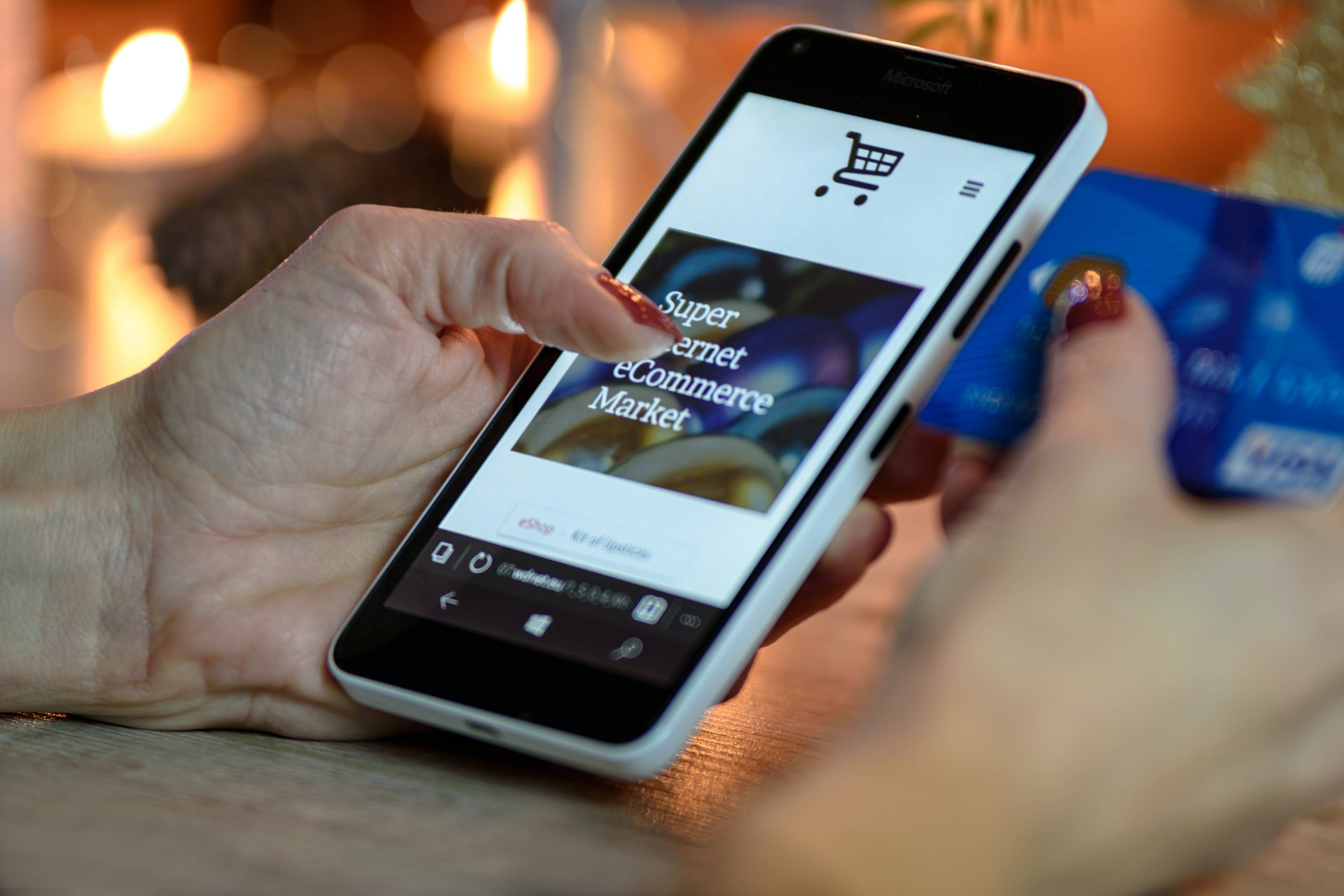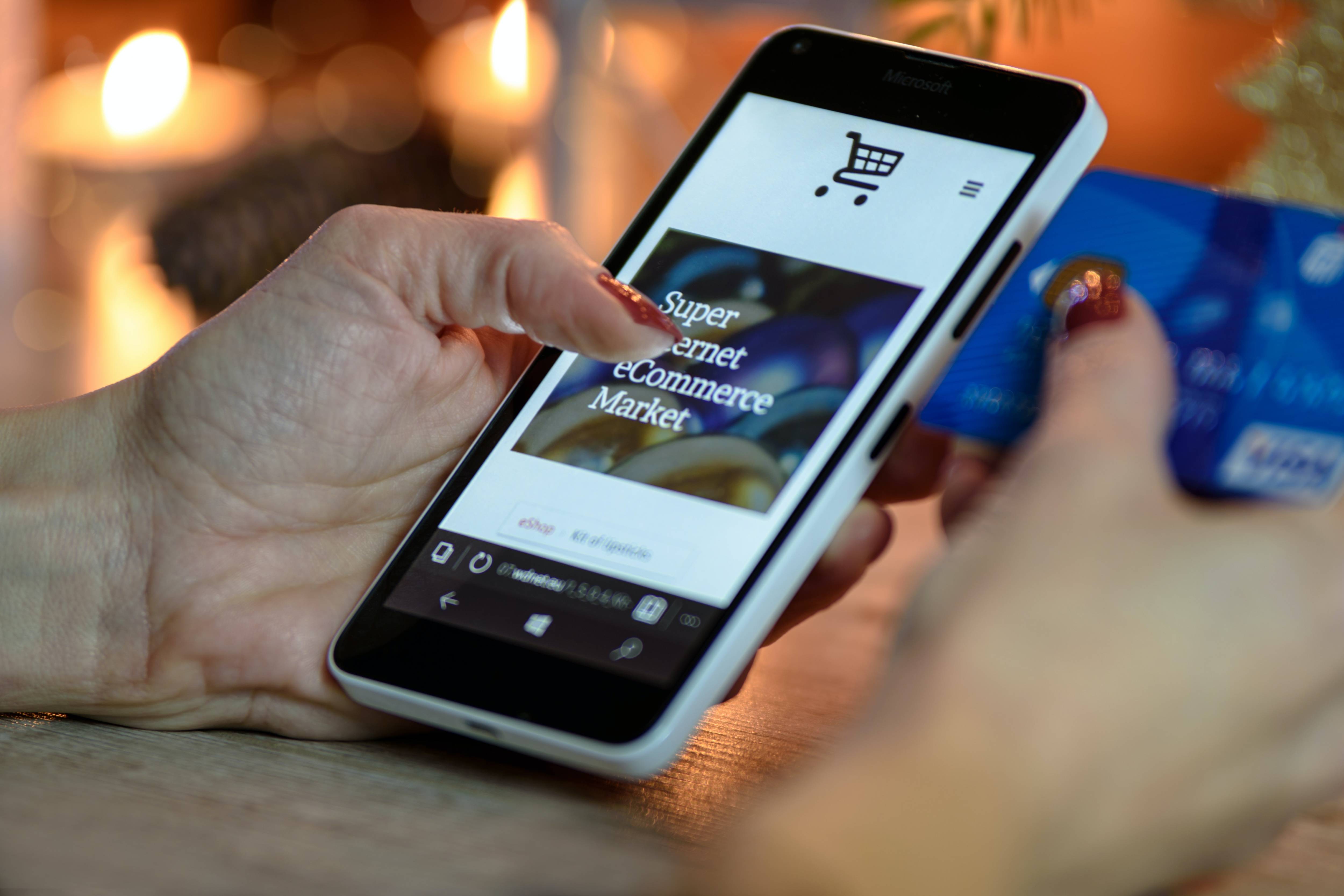HubSpot Integration For Sales | Elixir Solutions


Starting an e-commerce business is challenging but what is more challenging is to grow it.
One efficient way to boost your sales is to integrate your e-commerce store with a marketing automation platform. If you are already using HubSpot, then you know that it is a widely used marketing automation platform which provides a varied range of tools to automate your sales and marketing. And fits every business whether it is big or small, B2B or B2C.
In this post, we’ll shed light on how integrating your e-commerce with HubSpot can help you grow your business.
1. Sync your e-commerce data in HubSpot
Once you integrate HubSpot and your e-commerce, you’ll see all your contacts, orders and products data is synced in HubSpot.
Contacts from your e-commerce store will be added as new leads to HubSpot. You will be able to track orders from HubSpot, review your customer's information and analyze the data on one platform without needing to switch between the two platforms.
2. Segment your customers using e-commerce data
You can create smart/active lists with synced e-commerce data. It can be based on your customers’ last order details, products and last abandoned cart info. Active lists automatically get updated once your contacts meet defined criteria.
This data-minded approach will enable new ways for you to target and communicate with your customers more effectively.
3. Create workflows using e-commerce data
Once you understand your customer's shopping behavior with the help of active lists, you can create workflows to better nurture your customers. For example, you can create workflows for following up on abandoned carts or even sending the confirmation emails to customers on their purchase.
4. More personalization using e-commerce data
As you know that inbound methodology is all about personalization and HubSpot provides personalization tokens to do this. With this integration, you will be able to use e-commerce properties as personalization tokens. You will be able to send personalized emails based on your customer's shopping behavior and promote specific products based on their preferences.
5. Use data to make custom reports
Reporting is a powerful feature of HubSpot which helps you make an informed decision based on data insights. For example, with our HubSpot PrestaShop integrationn, you’ll be able to make custom reports using the e-commerce data to analyze the information.
Having a marketing automation allows small business owners to take control of their marketing strategy without having to manually manage every aspect of their campaigns. By combining e-commerce with marketing automation, you have get all the benefits of a sophisticated shopping experience with the ability to create marketing campaigns that are customer tailored to your audience.
This means you can drive more traffic to your site, increase the number of and amount spent on orders, and bring back more returning customers with just some initial setup and occasional tweaking and monitoring.
If you want to know more about how we can help your e-commerce business, take a look at our e-commerce consulting page:

